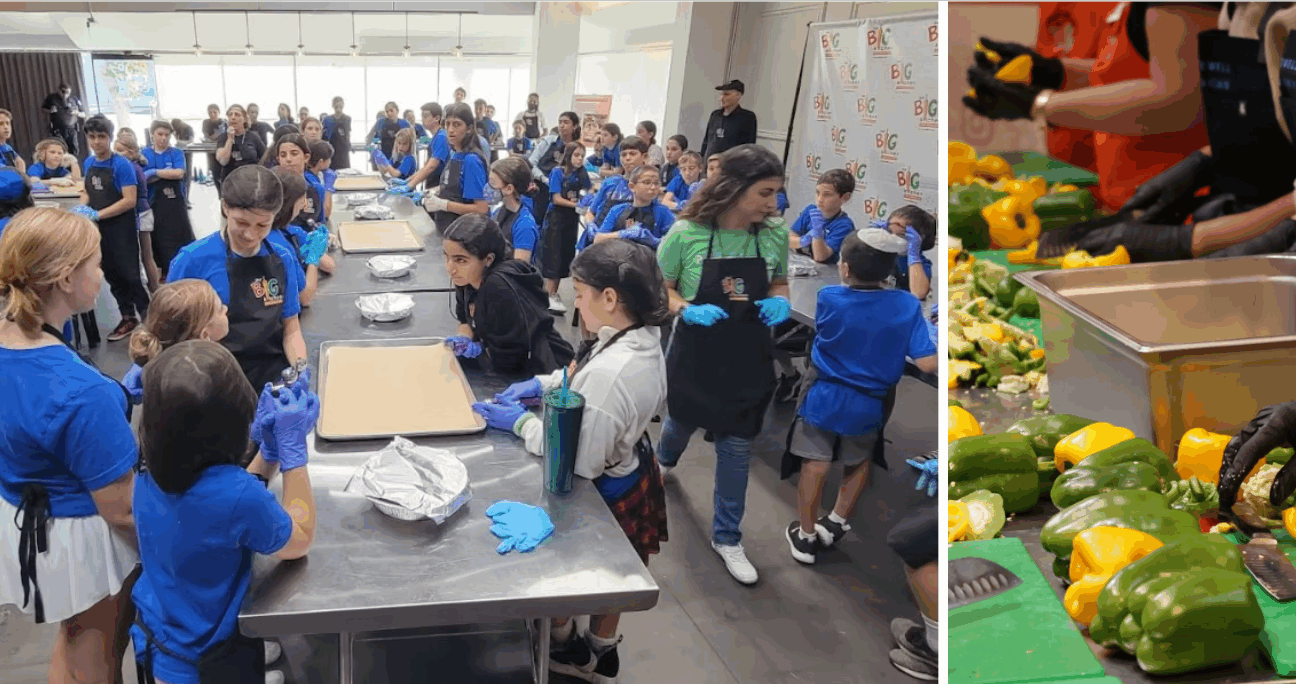Back to School: Raise the Bar for Jewish Campus Life
Anyone traveling recently by car (or clunker) on I-95, Route 66, the Pacific Coast Highway, or any other major thoroughfare, may already be aware of the commencement of a great Jewish pilgrimage festival. Don’t worry, you haven’t slept through the High Holy Days; there is plenty of time still to construct a sukkah. I’m talking about the pilgrimage of Jewish students to college campuses around the country. Many of us know this scenario well. Maybe we were among these nomadic hordes, our cars bursting with bedding, laptops, clothing and Nintendo Wiis.
In greater numbers than they observe any religious ritual, young American Jews go to college. Social scientists have estimated that 85% to 90% of college-aged American Jews are enrolled in institutions of higher education. College is the unifying experience for young American Jews.
Yet our community has come to regard this life stage with a degree of trepidation. Along with boilerplate parental worries about excessive drinking, the temptations of coed life and the loneliness many students feel as a result of moving away from home, there is also a triumvirate of more specifically Jewish threats: apathy, assimilation and antisemitism.
These threats are real, but it’s important that the Jewish community regard the college experience as, above all, an opportunity. The college campus offers us a chance to “make our case” for the value and values of Jewish life.
College is the venue where young adults explore not only what they will do for a living, but who they will become as human beings. College marks the beginning of the developmental stage from ages 18 to 30, which psychologists sometimes refer to as the “Odyssey” period. An odyssey, of course, refers to a journey and, as was the case with Odysseus, it can be a journey home, with character-forming adventures along the way. As the term pertains to young adults, it is more than a mere physical journey. It is a time when they explore big questions related to their lives and to their values.
Over a period of four crucial years, we have the opportunity to invite young adults into a 3,000-year-old conversation. We can help them explore the questions that may not be raised by their professors or formal curriculum about how to lead a good life.
That means aiming high. We certainly should not lower the intellectual bar in an effort to make Jewish life look as “cool” as every other student activity. The Jewish campus community cannot market itself as the “cool Jews.” Nor should we try to compete with Starbucks as the Jewish “third place” — the alternative to the dorm room and the classroom — where Jewish students can simply chill out.
Providing a comfortable Jewish home-away-from-home on campus is important, but Jewish life should also take students out of their comfort zones. It should do what college does: Challenge students with new ideas, new ways of looking at the world and new approaches to life.
To that end, two of my Hillel colleagues, Rabbis Dan Smokler and Yehuda Sarna from the Edgar M. Bronfman Center for Jewish Student Life at New York University, are currently working with a cohort of Jewish educators at 10 universities around the country to develop a hybrid of the yeshiva and the academy, which they have labeled a “third space.” Avoiding the false dichotomy between religious and academic knowledge, they hope to invite students to access Jewish tradition and to explore their intellectual, spiritual and emotional selves during the college years.
Certainly, we cannot quarantine or shield our children from all of the threats they will confront on their odysseys. But by giving them the tools to connect with our rich Jewish civilization, we can help students navigate the odyssey of the quad and discover for themselves what it means to be universally human and distinctively Jewish.
Wayne L. Firestone is president of Hillel: The Foundation for Jewish Campus Life.
















